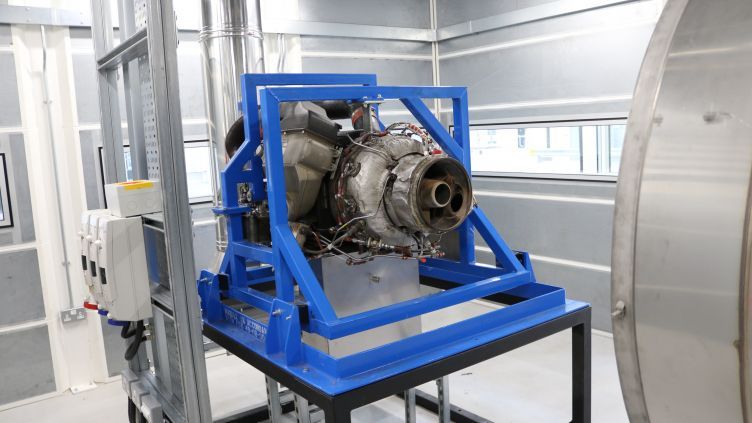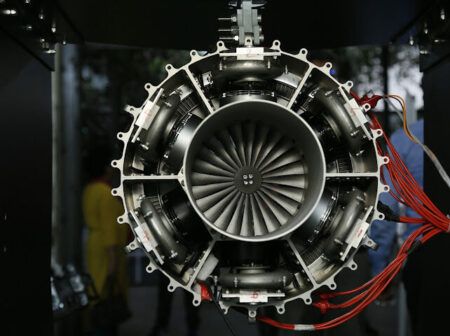The US aerospace company is partnering with Sheffield University in the UK to establish the Energy Innovation Centre (EIC) and develop low carbon technologies.
The Energy Innovation Centre, launched by the University of Sheffield Energy Institute, offers companies access to two research facilities – the Sustainable Aviation Fuels Innovation Centre (SAF-IC) and the Translational Energy Research Centre (TERC).
The University said the facilities will contain pilot-scale production facilities suitable for investigating different methods of producing Sustainable Aviataion Fuel (SAF).
Professor Koen Lamberts, president and vice-chancellor of Sheffield University said, “At a time when the UK’s commitment to net zero is questioned and debated, R&D into low carbon technologies and products couldn’t be more important. Our partnership with Boeing spans over 20 years, and together we are committed to developing the type of innovation needed to address some of the world’s most pressing challenges.”
According to Sheffield University, sustainably produced jet fuel can reduce carbon dioxide emissions by up to 80% over the fuel’s lifecycle with the potential to reach 100% in the future.
SAF is certified for commercial use and can be blended by up to 50% with traditional jet fuel without modifications to engines or fuelling infrastructure. Boeing has committed to make its commercial aircraft capable and certified to fly on 100% SAF by 2030.
Professor Mohamed Pourkashanian, head of Sheffield University’s Energy Institute said, “The EIC has an impact strategy built around delivering societal and economic benefit through rigorous research with industry, and this connection with Boeing takes a step towards making that aim a reality, especially in the exciting and vital realm of sustainable flight.
“Active engagement with industry and commerce is especially critical to ensuring that research is relevant, timely and positive in its practical applications.”





